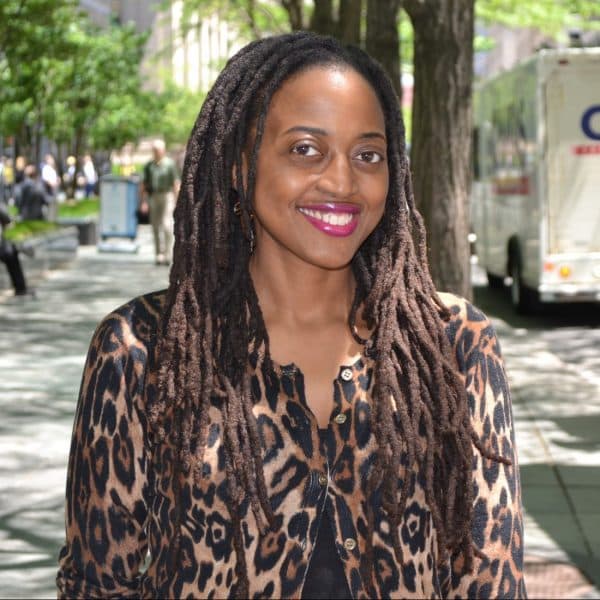Advertisement
Touring production of 'To Kill a Mockingbird' comes to Boston
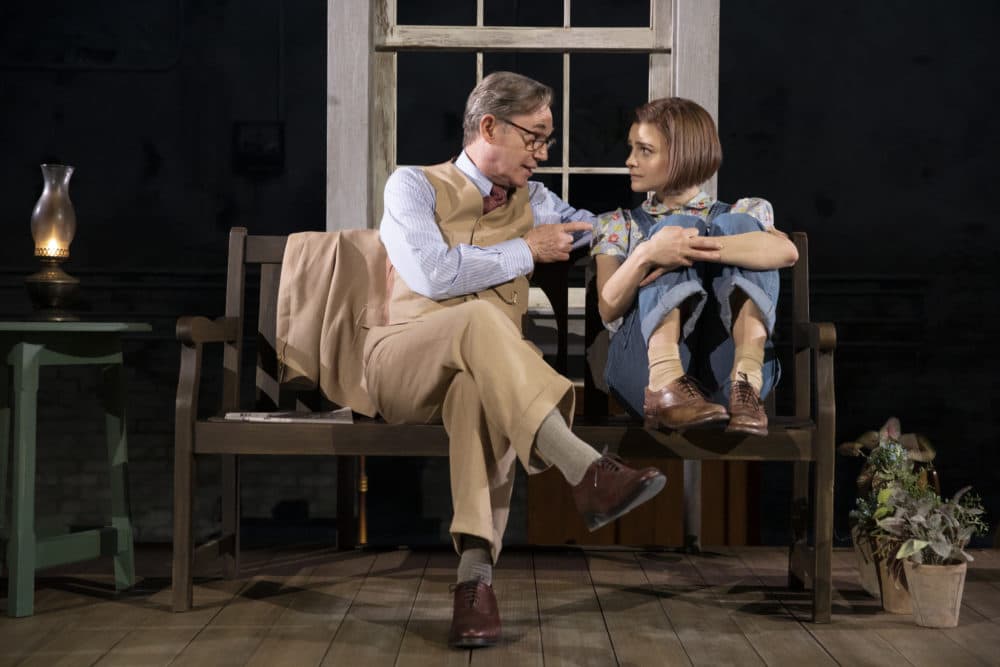
In a small town in Alabama, a Black man is accused of raping a white woman. A white lawyer, Atticus Finch, a believer in the justice system, works hard to defend the man, Tom Robinson, for whom a guilty verdict (and likely an innocent one too) would mean certain death. This story is at the center of the late Harper Lee's celebrated Pulitzer Prize-winning novel "To Kill a Mockingbird," published in 1960 and set in the 1930s. Lee's narrative is also the subject of a lauded 1962 film and popular 2018 play by Aaron Sorkin, touring throughout the U.S. and coming to Boston on April 5. The production, presented by Broadway in Boston, runs through April 17.
This often-staged play, like the book, seems to resonate with audiences. But what about this ubiquitous tale makes it so enduring?
Yaegel Welch, the actor portraying Tom Robinson in the show's latest run, thinks the work "was, I guess, considered a version of woke," he says. "It was trying to correct some wrongs, and it was a majority community trying to acknowledge that they sort of see what was wrong in society and how even some of their ancestors may have participated."
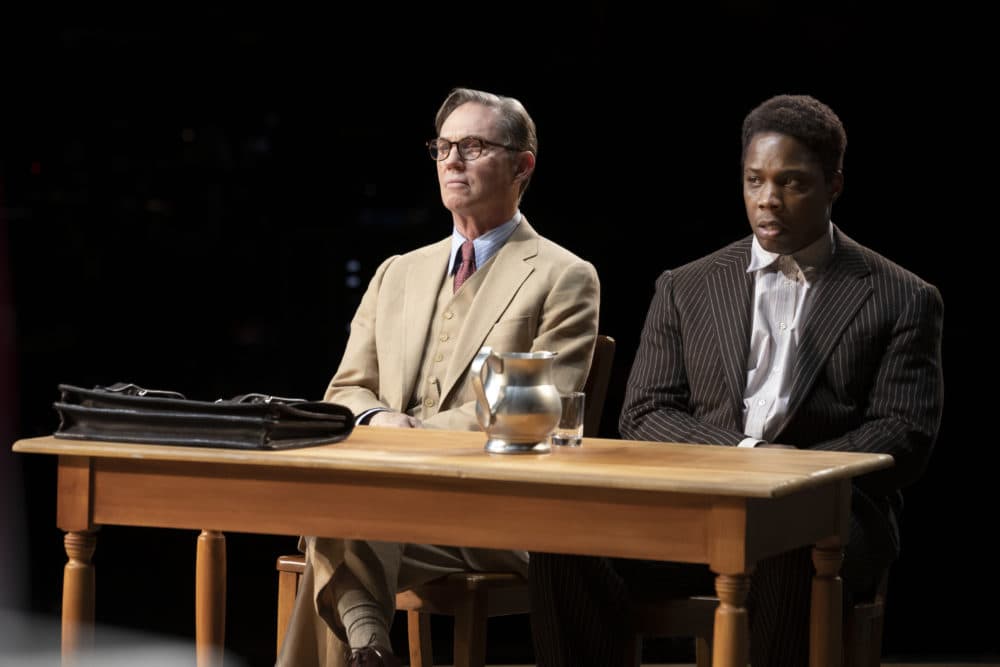
In addition to acknowledging injustice, Welch talks about the continued killings of Black people by police, listing George Floyd, Tamir Rice, Breonna Taylor, Eric Garner and others, and how these deaths often go unpunished. So, the story "stays relevant because [injustice] keeps happening," he says.
Welch wants people to know the play is not the book and it's not the film. He says the show’s director, Bartlett Sher, and the producers fought hard to deal with certain things. The play "in some ways addresses places where the book and movie might have missed. And certain characters have more of a voice.”
Welch encourages audiences to come to the show with an open mind, he says. "I believe it will inspire empathy in all of us."
At its core, "To Kill a Mockingbird" is a coming-of-age story, Welch says when recalling the first time he saw the film as a child. Welch was drawn to the kids in the story and their adventures, the mystery of Boo Radley (the town recluse who lived on the Finch family's street), but points out that he didn't grasp the weight of Robinson's plight at the time.
Sher agrees. "It's really about the moral and ethical development of kids. The story is about how they learn about justice how they learn about racism. So that's, I think, the center of the piece, and that's what kind of holds it together… and it has a big impact on who we were, and then sort of teaching us about, you know, how we need to be better."
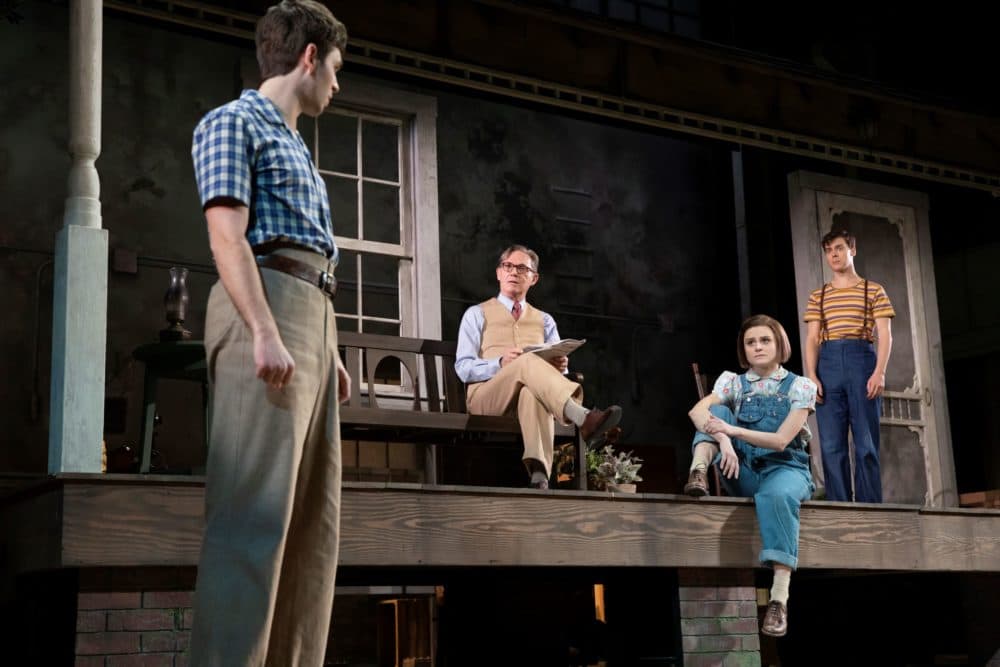
Welch has been steeped in this story for a long time. When he was in college at Brandeis University, Welch bought the Criterion Collection of "To Kill a Mockingbird” to study it. He admired the actor Brock Peters’ depiction of Tom Robinson and later earned his union card at New Repertory Theatre for his work on the staging of the play, Welch says.
"He blew me away with his determination to survive, and yet at the same time, be an upstanding character about it. He was so willing to tell the tale of what Black pain was and how it clearly depicted how the community was being terrorized," Welch explains.
For Sher, the timeliness of “To Kill a Mockingbird” drew him in.
As a director, Sher says he's an "interpretive artist" who relies on pre-existing text, and because of this, he can be compelled to explore a range of stories when it comes to picking a new project to direct. But his through-line, the question he must answer to take on new work, is nestled in his approach. He has to “understand the immediate significance of why I need to do it now," Sher offers. "If you're going to do a new piece, you have to explore and unpack who you are and where you are in the culture."
With "To Kill a Mockingbird," Sher's “why now” centers on theater's ability to "allow us to explore our past, as we face new decisions about our future, but explored honestly," Sher says.
"So, something like ‘Mockingbird’ is critical. If you're a citizen of the United States, you need to know about your own history and who we are truly to be able to push ahead, especially now. And I think that's deeply critical for a part of how you develop powerful moral conscience as a functioning citizen in the United States in 2022.”
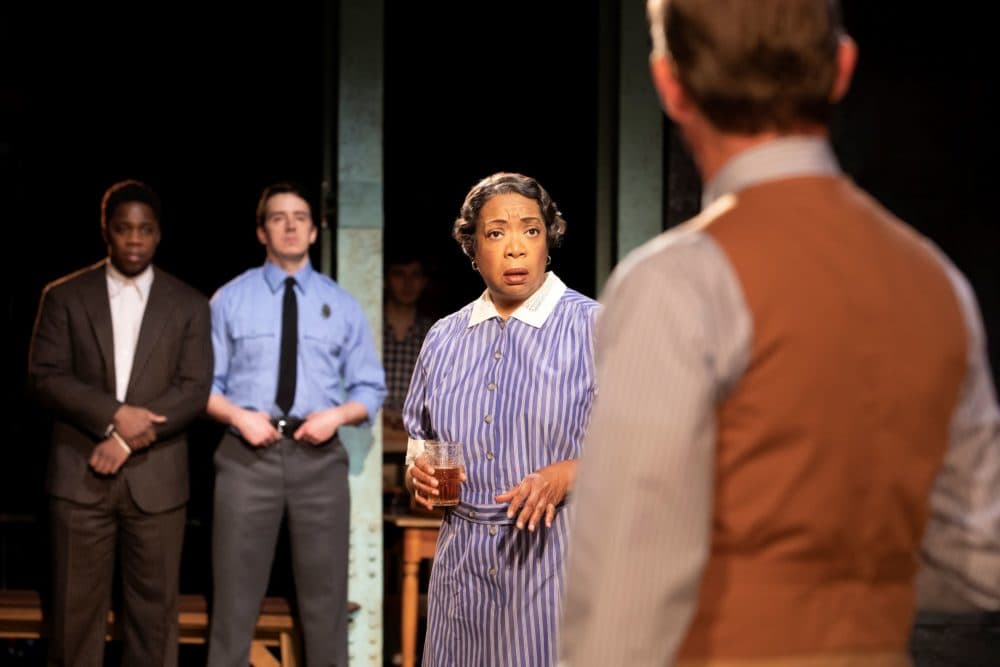
This exploration happens on stage and in the rehearsal room. And working through difficult themes such as racism and trauma that come up in the play can be a lot to process. Sher hired cultural coordinator Tavia Jefferson to help.
Jefferson has shifted the "whole balance of power in the rehearsal room," Sher explains.
She provides support so the cast can have conversations around the complex themes and language "so we can be sensitive to [it] and work through that," he says.
“It's made the space safer, the work better, and the people more connected. And so much of this work is about building ensembles, and about building trust so that people can be as brave as possible in the work."
Perhaps truth-telling can be transformative. This story of Tom Robinson, like other stories of injustice, keeps occurring and the stories of individuals like Tom continue to be shared even when hope for justice is diminished.
"I want to have an impact, and I want to transform. I want to contribute," Welch says. "‘To Kill a Mockingbird’ checks all those boxes."
"To Kill a Mockingbird" runs April 5-17 and is presented by Broadway in Boston.
